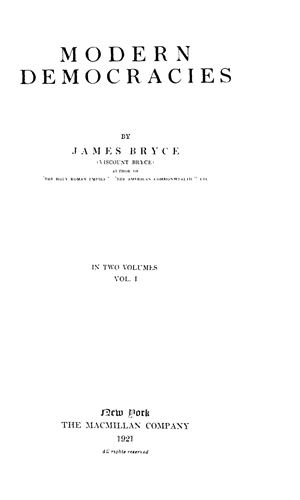The British royal family has always been a captivating subject, but the recent turmoil surrounding Prince Harry and his relatives has taken public interest to new heights.
As tensions escalate, each revelation seems to widen the divide between Harry and the rest of the Windsor clan.
The latest twist in this ongoing saga is nothing short of shocking: King Charles III has reportedly decided to withhold a significant inheritance that Harry was due to receive from his great-grandmother, the Queen Mother.
Sources indicate that Harry was set to inherit approximately £7 million, or about $8.5 million, on his 40th birthday in September 2024.
This bequest stemmed from the Queen Mother’s estate after her passing in 2002.
However, King Charles, citing Harry and Meghan Markle’s public criticisms of the royal family, has opted to cut off this financial support.
This bold move has ignited outrage among Harry’s supporters, who view it as a vindictive act rather than a mere financial decision.
For those familiar with royal history, the parallels between Harry’s current predicament and the abdication crisis of the 1930s are striking.
When Harry fell for American actress Meghan Markle, a divorced woman, it inevitably stirred controversy within the royal household.
This mirrors the scandal that led to the abdication of Harry’s great-great-uncle, King Edward VIII, who relinquished the throne to marry the twice-divorced Wallis Simpson.
Edward’s choice sent shockwaves through the monarchy and left a lasting mark on royal history.
The Queen Mother, then the Duchess of York, was particularly disheartened by Edward’s abdication, perceiving it as a betrayal of royal duty.
Today, it seems history is repeating itself.
Just as Edward’s love for Wallis Simpson threatened the monarchy’s stability, Harry’s relationship with Meghan has revealed deep-seated divisions within the royal family.
A close friend of the Queen Mother recently remarked that she would have been profoundly disappointed by Harry’s public criticism of his family.
Known for her unwavering loyalty to the crown, the Queen Mother understood the importance of maintaining royal traditions.
Having lived through the tumultuous aftermath of the abdication crisis, she was determined to prevent such a scenario from occurring again.
It’s easy to imagine how distressed she would be by Harry’s decision to step back from royal duties and relocate to the United States with Meghan.
To her, this would likely feel like a betrayal of the family legacy.
The Queen Mother’s experience during Edward’s abdication would have made her particularly sensitive to the scrutiny Harry and Meghan have faced.
She would have recognized the tremendous pressure and upheaval that can accompany a high-profile departure from royal life.
In her eyes, Harry’s choices might have seemed selfish, prioritizing personal desires over the monarchy’s greater good.
However, the Queen Mother’s legacy is not without its complexities.
While she was admired for her dedication to the crown, some criticized her traditional views on social issues.
Her disapproval of Edward and Wallis’s relationship was seen by many as outdated.
In today’s world, the idea of a royal figure being upset with a family member’s choice of partner could come across as archaic and out of touch.
As the royal family grapples with the fallout from Harry and Meghan’s exit, the shadow of the Queen Mother and the abdication crisis looms large.
King Charles’s decision to sever Harry’s inheritance is merely the latest chapter in a narrative that has fascinated the public for years.
The implications of this choice reach far beyond familial disputes; they may also affect Harry’s children, Archie and Lilibet, depriving them of their rightful inheritance.
Moreover, King Charles’s reference to the Queen Mother’s disapproval as justification for his actions adds another layer to this historical conflict.
It feels as though the past is haunting the present, with echoes of the abdication crisis reverberating through Buckingham Palace.
This clash between tradition and modernity highlights the challenges facing the monarchy today.
The ongoing standoff between King Charles and Prince Harry marks a pivotal moment in British royal history.
It represents a clash of values—a struggle between the old guard and the winds of change.
Whether the Queen Mother would have supported the king’s decision remains a topic for debate.
What is clear, however, is that the ripple effects of Harry and Meghan’s choices will resonate for years, both within the royal family and throughout society.
As we witness this unfolding drama, it’s hard not to reflect on the Queen Mother’s words: “The crown is not a prize for perfect behavior.”
Ultimately, the fate of the monarchy may hinge less on adherence to tradition and more on its ability to adapt to an ever-evolving social landscape.
The royal family stands at a crossroads, and their next steps could redefine their legacy for generations to come.
